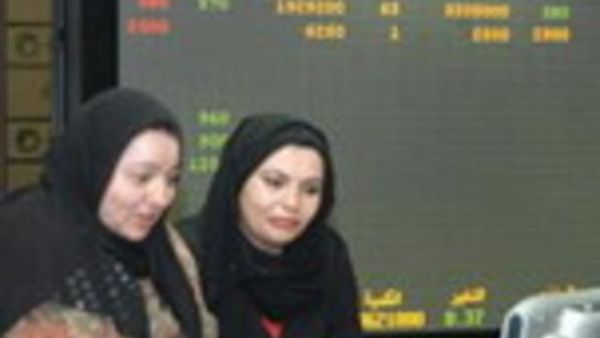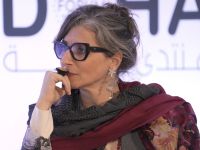More than 75% of respondents to a survey by the Middle East’s leading recruitment and career planning company claim they face gender bias when looking for a job.
Around 44% of the 450 people polled by Bayt.com in January said they encounter gender discrimination ‘sometimes’, and 34.4 per cent described it as a problem ‘all the time’. Barely 10 per cent said that gender was not a factor in the hiring process.
Rabea Ataya, CEO of Bayt.com, said: “The problem can affect both men and women, but it mostly hinders women. There is a tendency in some parts of the Middle East to place people in specific roles according to gender. Companies and recruitment professionals need to see the bigger picture and prioritise skills and experience over gender when seeking to fill important job titles.”
Three polls on gender bias were carried out on the Bayt.com website in January and February, attracting nearly 1,500 visitors.
The oil and gas industry was perceived to be the biggest offender for gender bias, with 28.5 per cent of respondents saying it is the most likely to discriminate when recruiting. Traditional male industries like banking and finance, and construction were also high on the list.
However, more than 32% of the 873 respondents to a Bayt.com poll in February believe banking and finance to offer the best pay opportunities for women. Hospitality and media were also seen to be better-paid career paths for women. The FMCG industry came last, polling just 4.4%.
The travel and tourism sector is seen as a boom industry of the future for women jobseekers. When asked ‘Which industry will attract more women in the future?”, nearly a third of respondents rated travel and tourism above banking and finance, IT, education, healthcare, and the FMCG industry.
According to a UN report, women constitute more than 60% of people in family enterprises without pay. Despite some progress in the 1990s, women typically earn less and have lower status jobs than men.
Rabea Ataya, CEO Bayt.com, said: “There is an urgent need to address gender gaps in education, training and jobs. We must work to remove gender bias in the labour market, including gender-based occupational segregation and wage differentials. Fairness means efficiency in the modern workplace.”
Ataya added: "Given the right education and training, women will continue to make impressive inroads into professional services such as law, banking, accounting, computing, tourism and IT. As the world trade in services has increased, so the involvement of women in more and more professions in the Middle East has increased.
“In more developed Middle East markets like the UAE we are increasingly seeing important senior roles in both the public and private sector being filled by women with qualifications, experience, and technical and interpersonal skills that rival those of men.”
With a database of more than one million users, mostly from around the GCC but also North America and Europe, the Bayt.com site conducts regular user and visitor polls on employment and employment-related issues.







